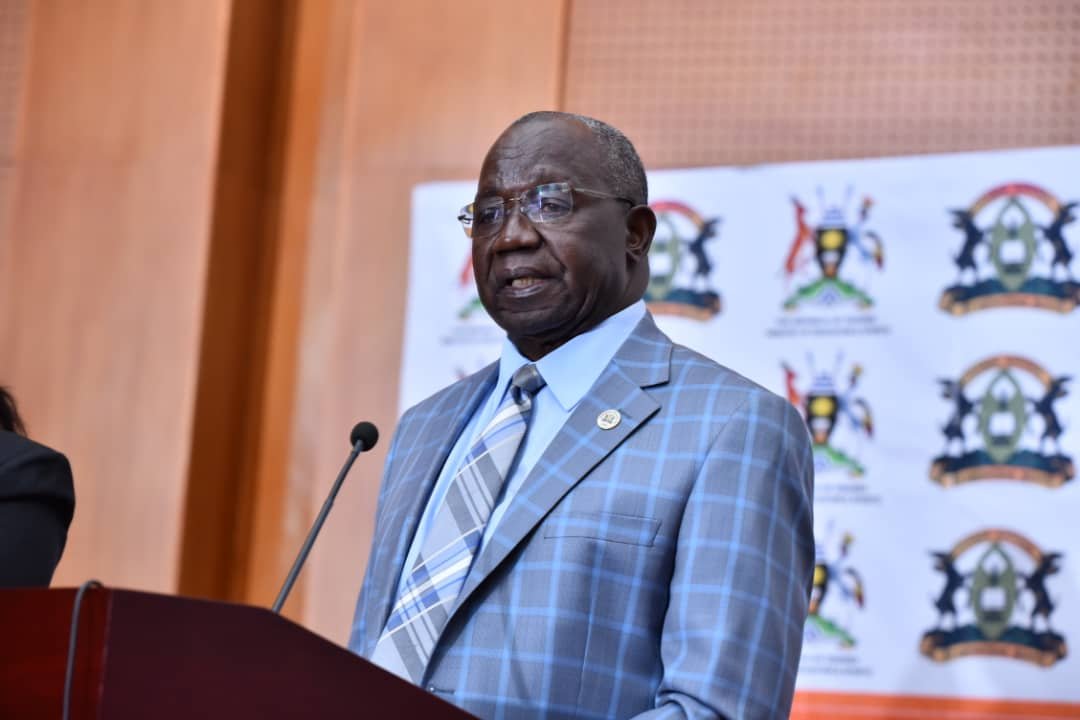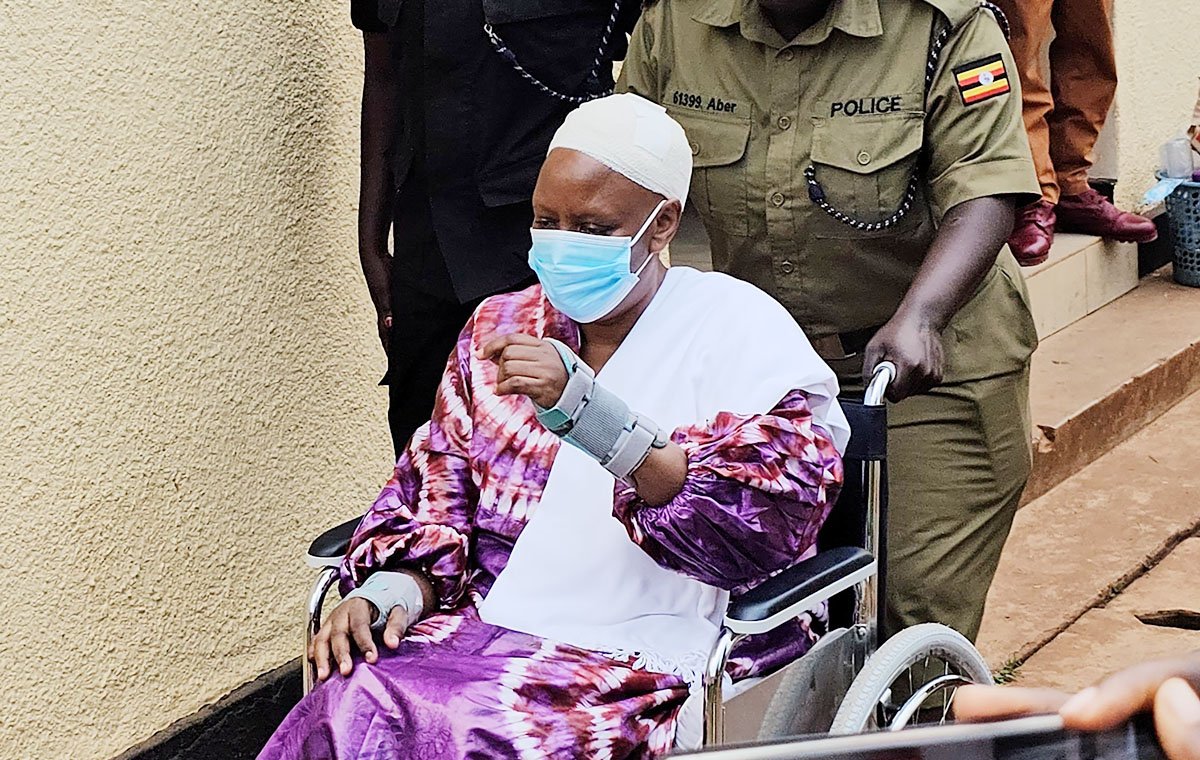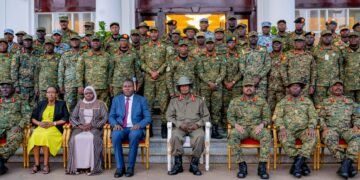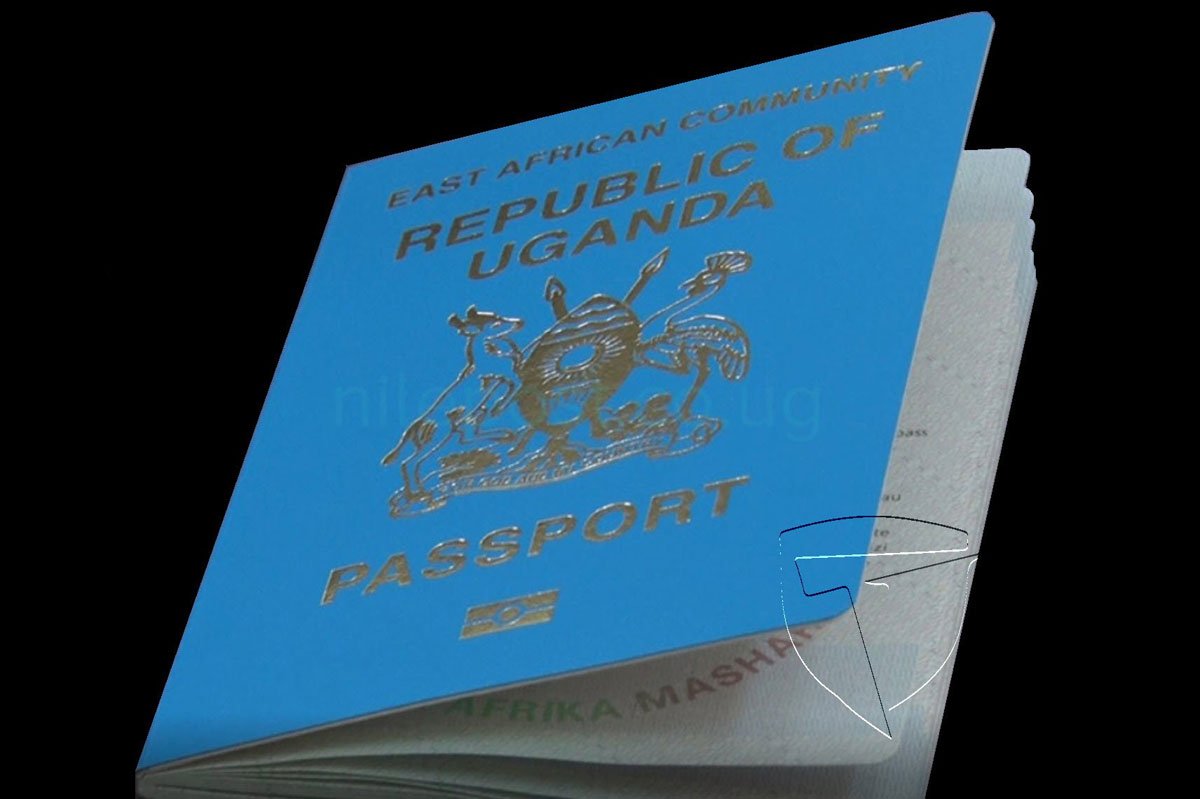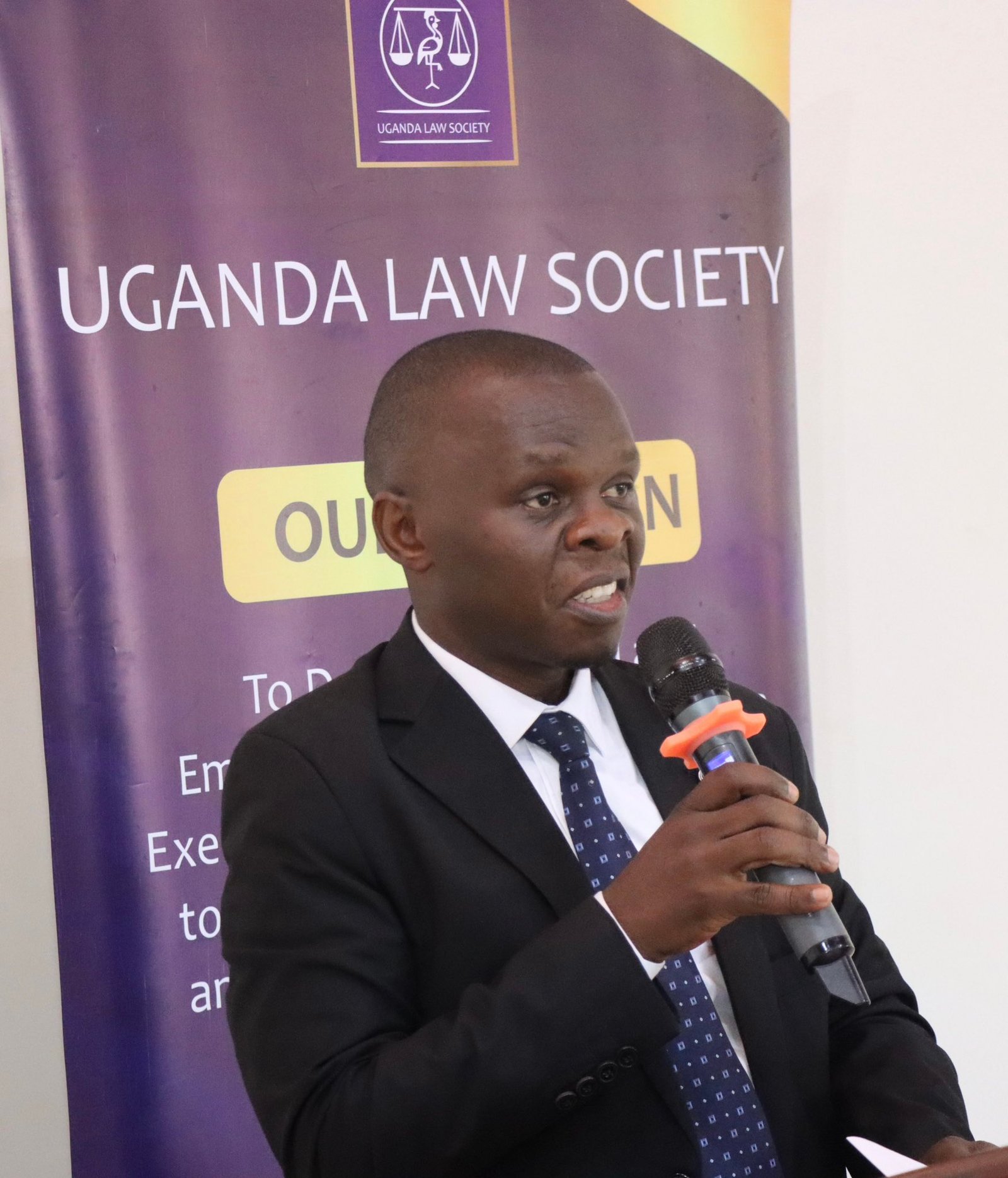At the 2022 Uganda Advanced Certificate of Examinations-UACE, at least 67,815 individuals qualified to enroll in universities this year.
Speaking on Friday at the office of the Prime Minister in Kampala, Dan Odongo, the Uneb Executive Secretary, stated that while the percentage of students who obtained the two principal passes required to enroll in university was slightly higher than that of 2020, the number of students was slightly lower.
In 2020, 68 013, or 69.8% of applicants, were qualified to enroll in the institution. Odongo ascribed this to a decline in the number of applicants who registered for the 2022 exam.
The findings show that a total of 97,890 candidates from 1,969 centers registered for the UACE in 2022 as opposed to 98,392 candidates from 1,952 centers in 2020.
Yet, generally speaking, 99.2% of the applicants who took the 2022 exam qualified for the UACE award.
In comparison to male applicants, female candidates had a lower failure rate and a larger percentage of passes in the lower levels (3P and 2P), according to Odongo.
The results also show that performance in courses including history, economics, entrepreneurship education, geography, and art has improved at the principal pass level.
According to the data, Physics saw a decline at A but stayed comparable at other levels, while Mathematics and Chemistry both experienced considerable gains at the A pass level.
According to last year’s statistics, more candidates registered for mathematics and other science courses than for physics in 2020, while the proportion of girls registering for these courses remained low.
The results also demonstrate that, despite candidates enrolling in fewer science-related courses, their performance is still dismal.
“Several centers showed that candidates were only receiving theoretical instruction in the sciences, with little practical experience. As a result, applicants who scored badly demonstrated a lack of capacity to follow directions and procedures during the practical examinations, as well as a failure to accurately record data or even interpret any of the recorded data. According to Odongo, they had trouble employing the proper chemical symbols and balanced equations while writing in the chemistry language.
Also, he noted that although the ability to dissect is crucial in biology, some candidates did not perform this task on the offered specimens as instructed by the questions instead presenting textbook illustrations.
According to what he indicated, the teachers in the schools where this occurred may not have given the applicants exposure to the competence they would have needed if they had the chance to pursue biological science-based courses in the future.
He continued by saying that many candidates who received lower grades had difficulty understanding the questions and were unable to adequately express, explain, interpret, and support their responses with logical reasoning and examples.
Regarding exam fraud, Odongo said that it is still extremely rare at UACE, with most occurrences involving external assistance in the fields of mathematics, biology, and computer science.
Only 113 candidates’ results have been withheld because they may have engaged in fraud.
The UNEB Chairperson, Prof. Mary Okwakol, stated that they are still concerned about the lack of female students choosing science-related majors.
She continued by saying that even though the Ministry of Education had ordered a study to be conducted to look into the causes of this, they had not yet received the funding to carry it out.


